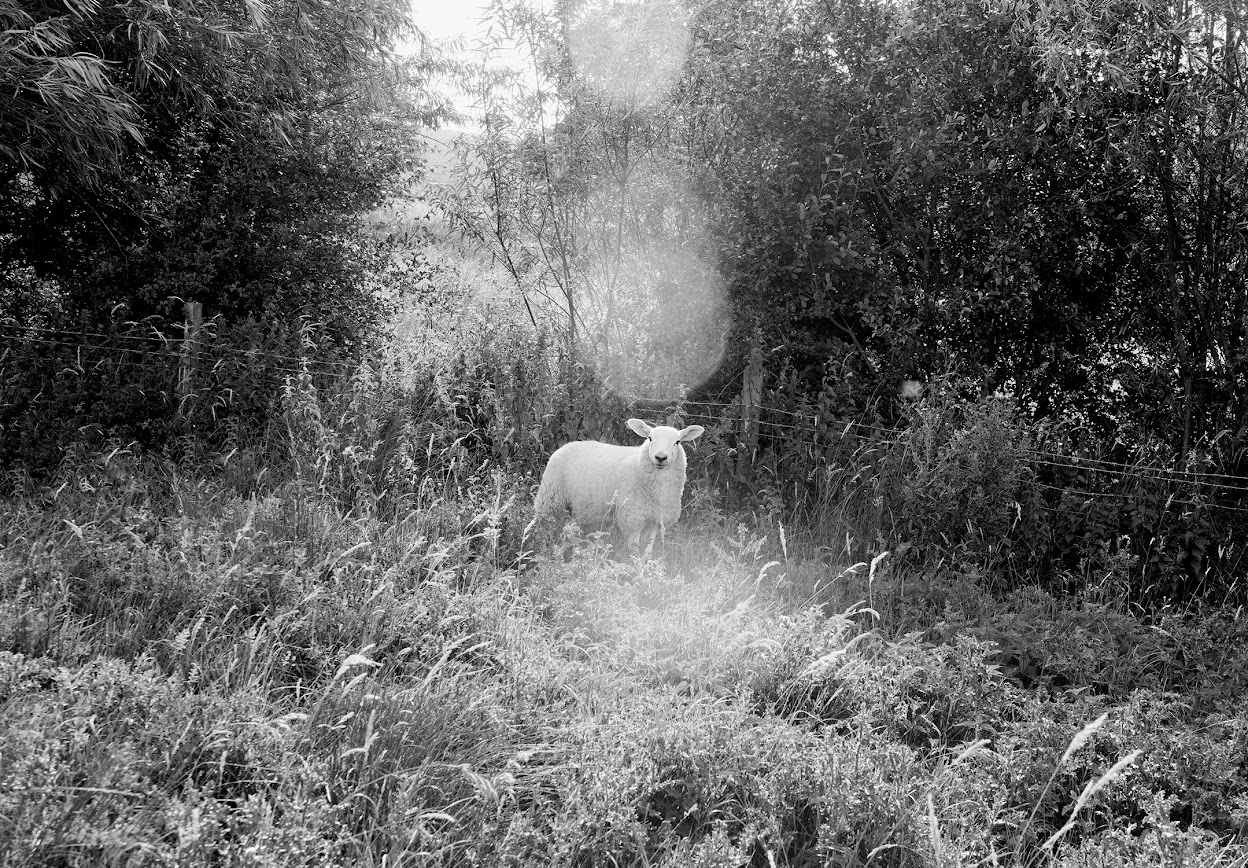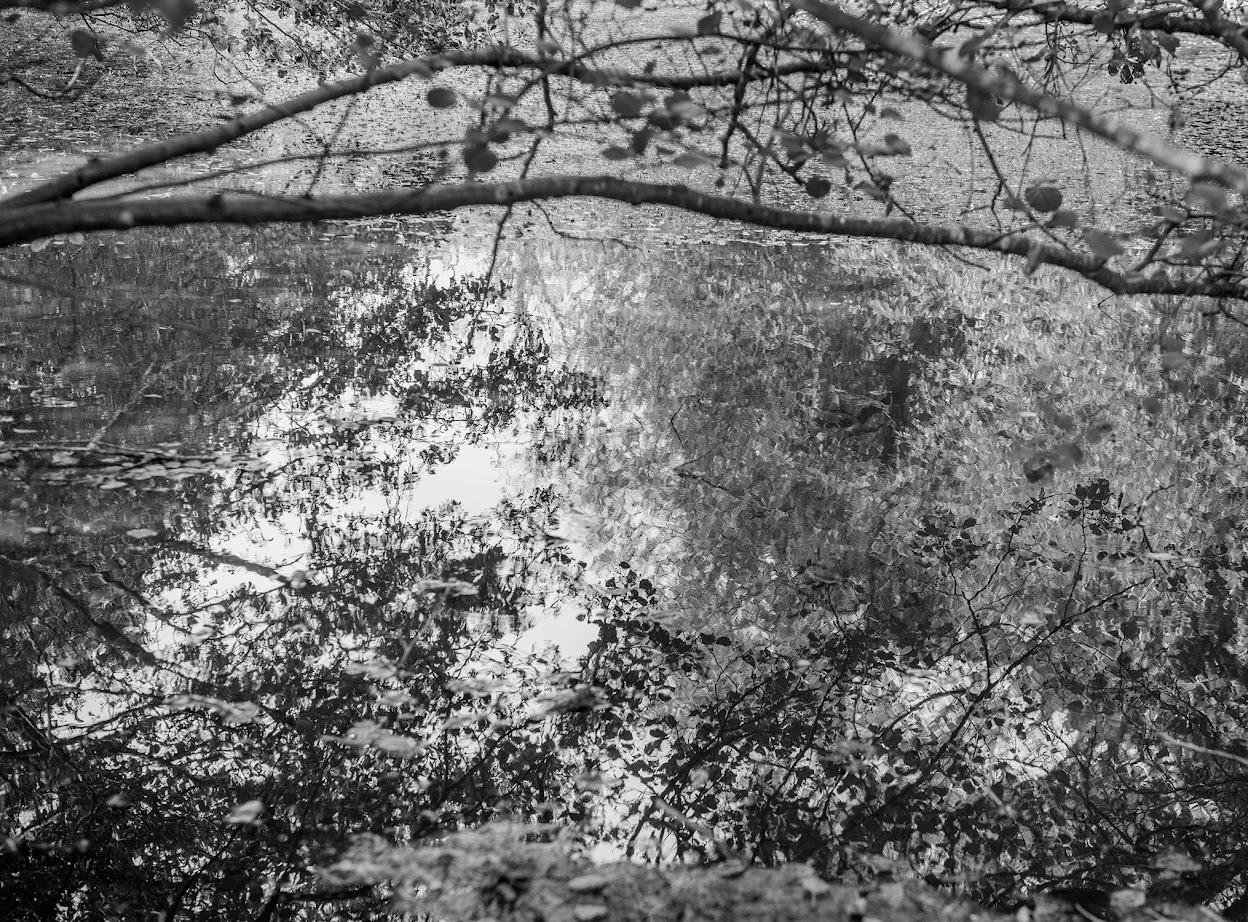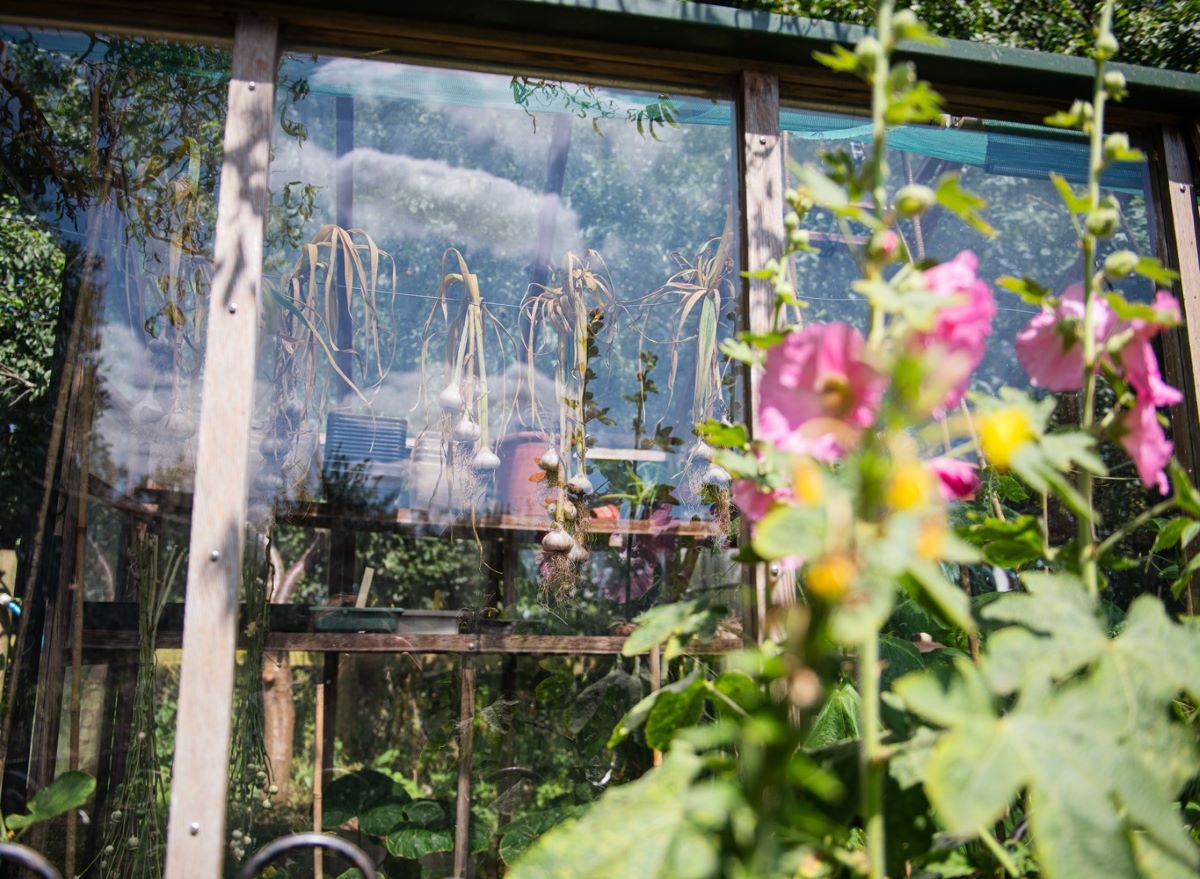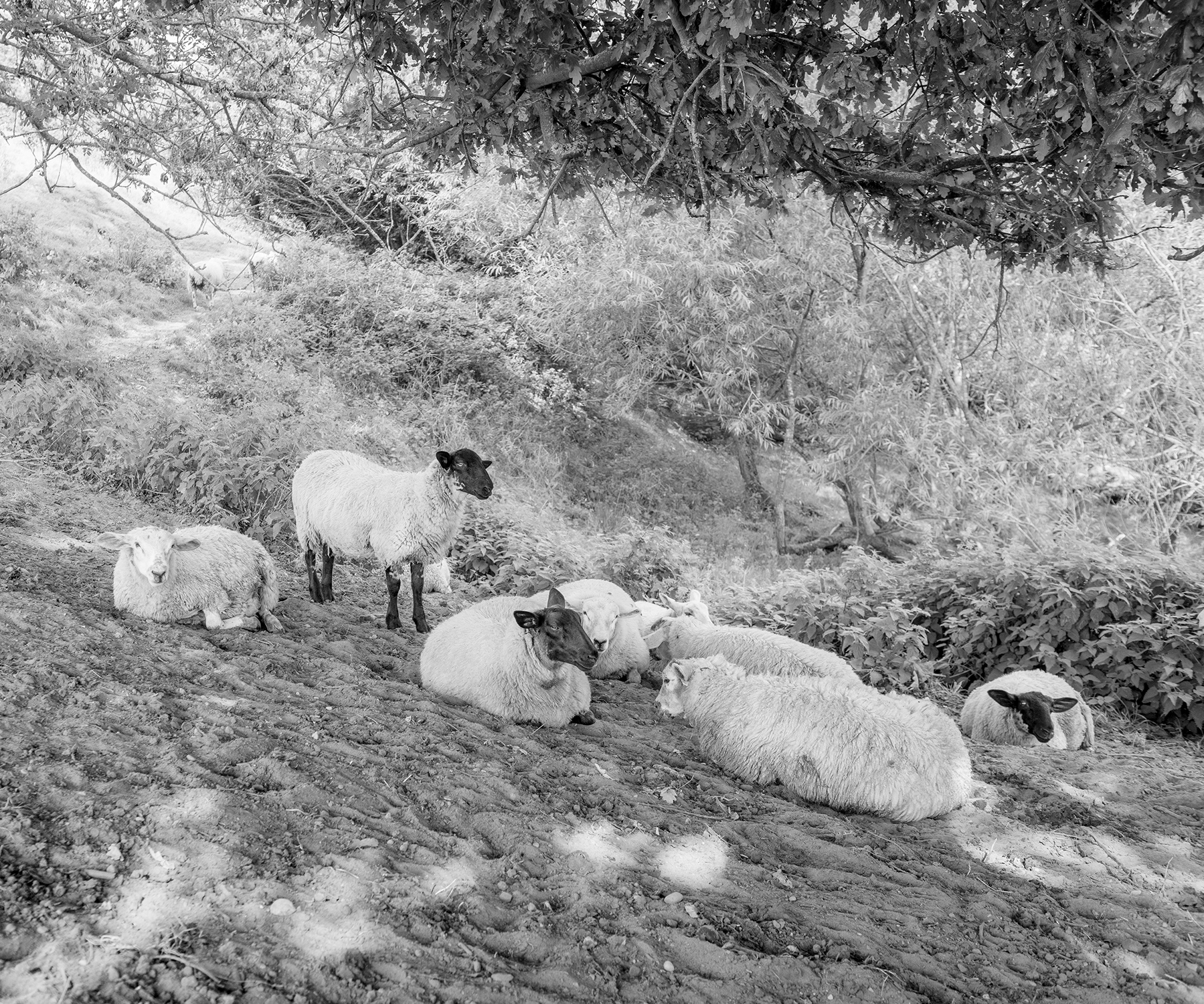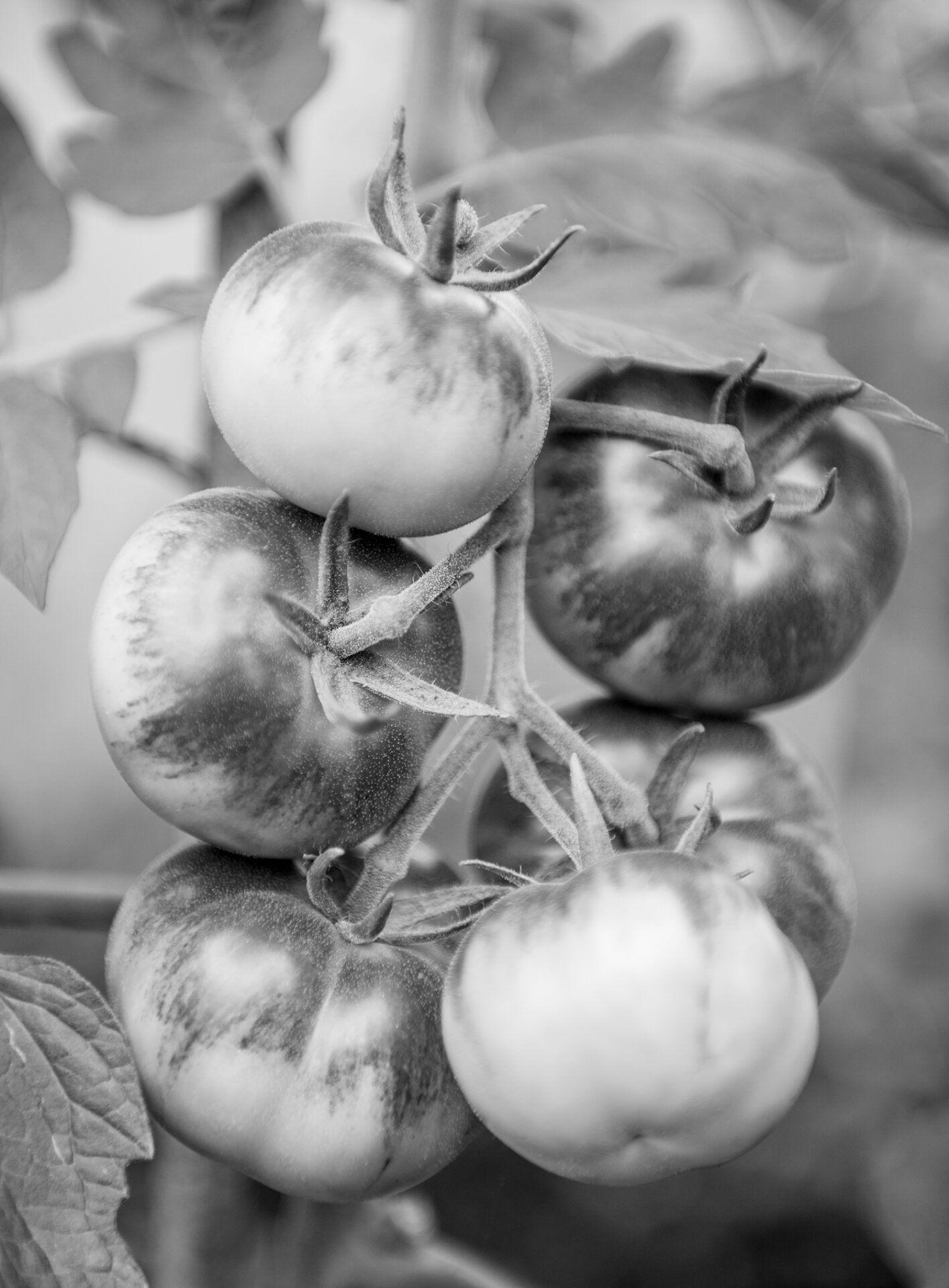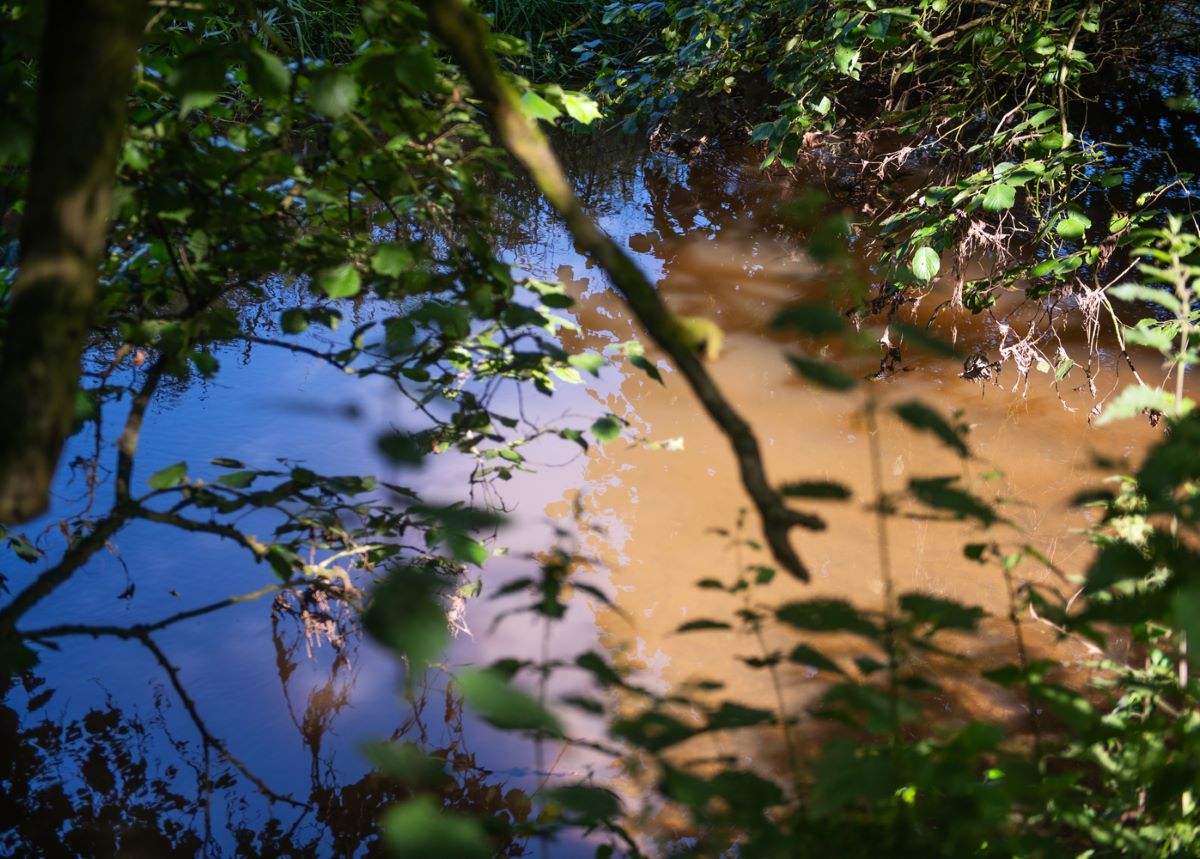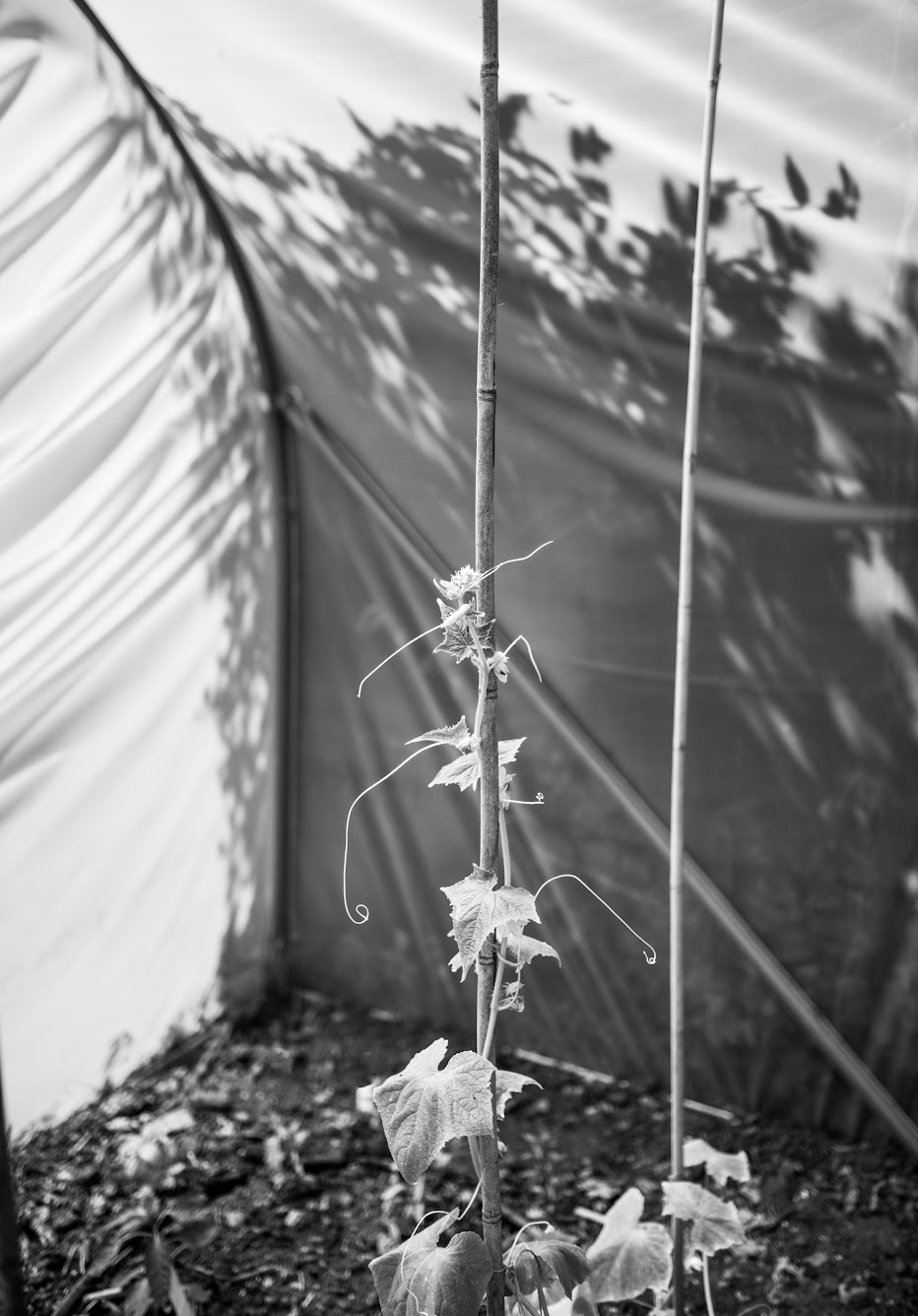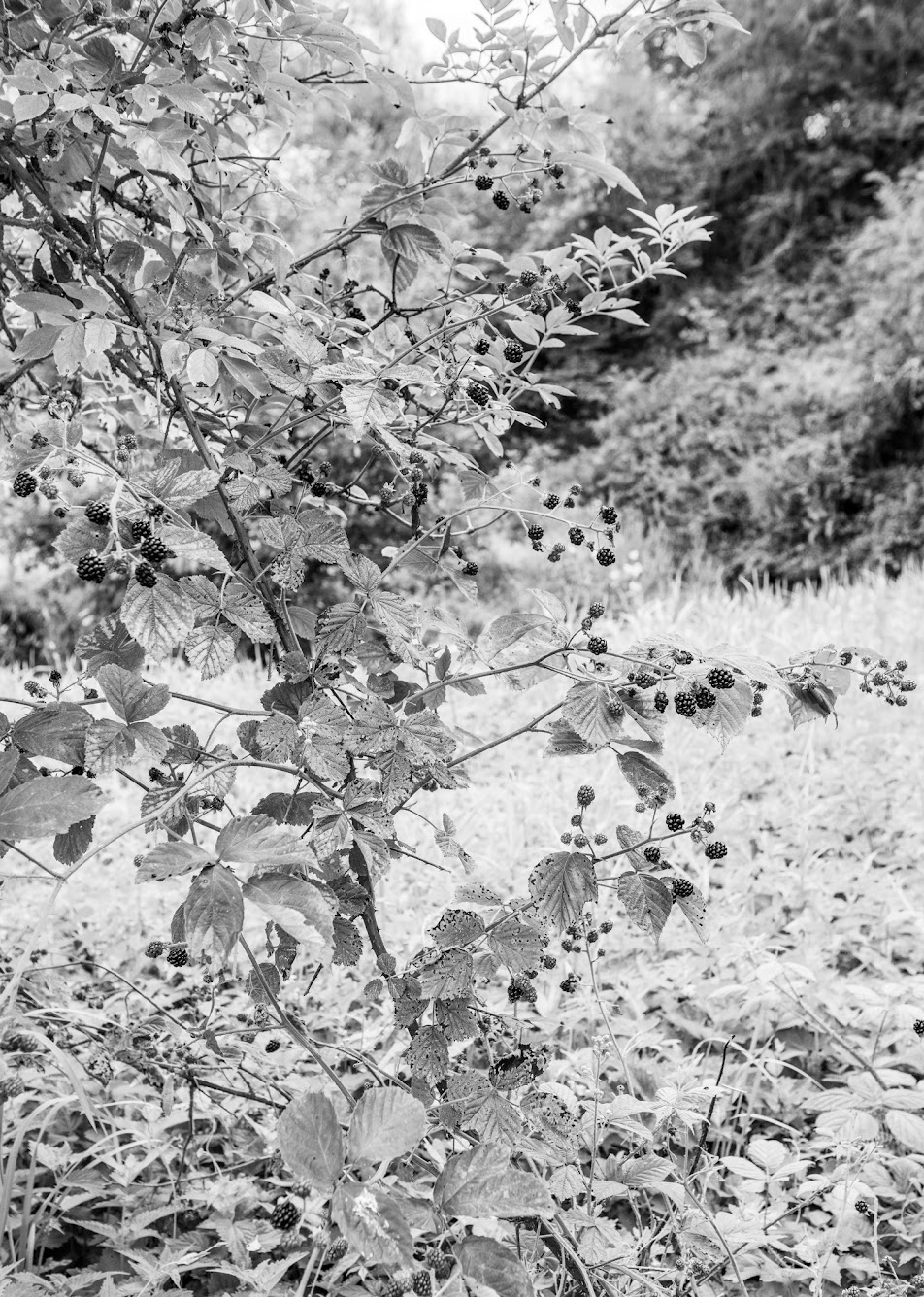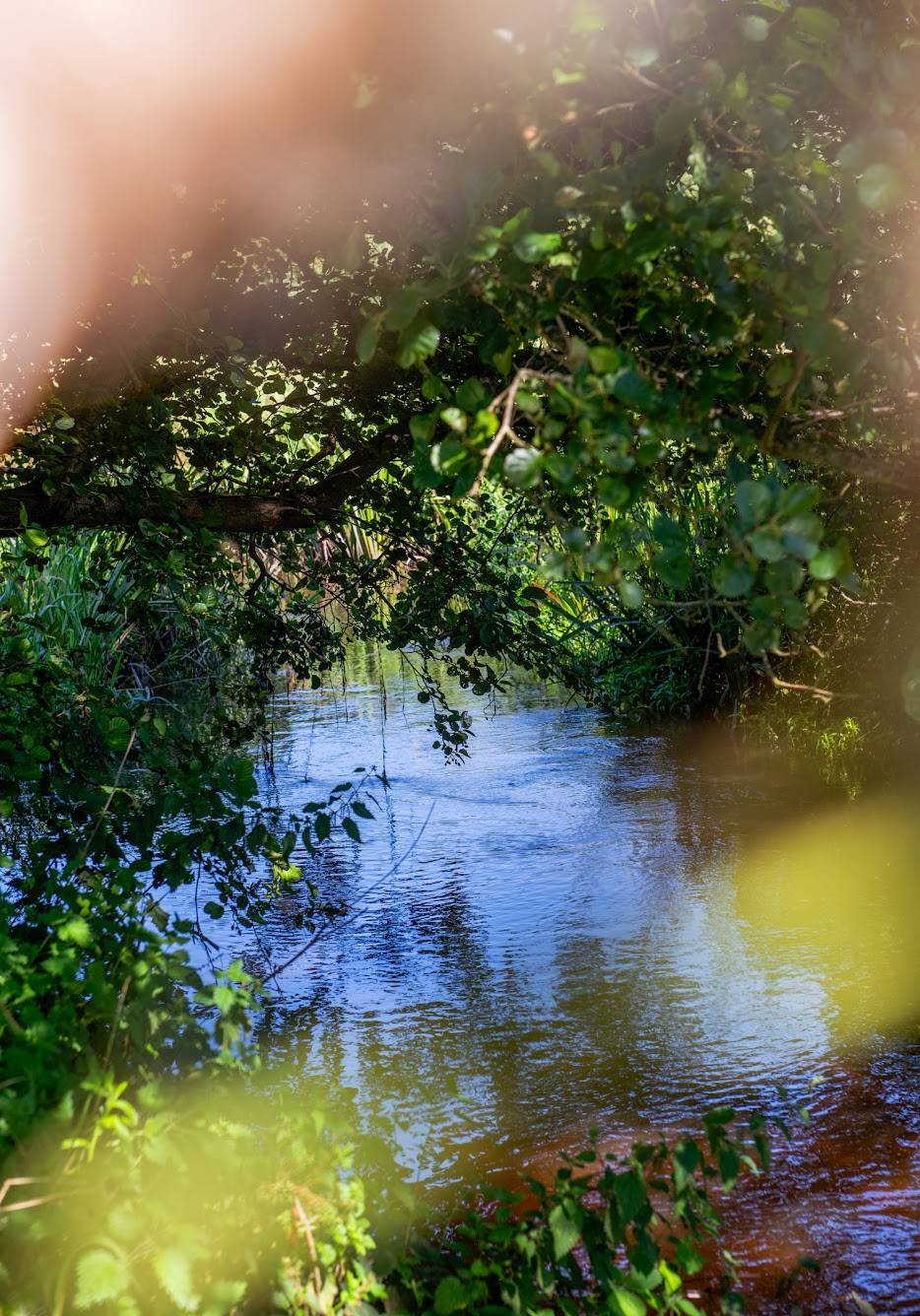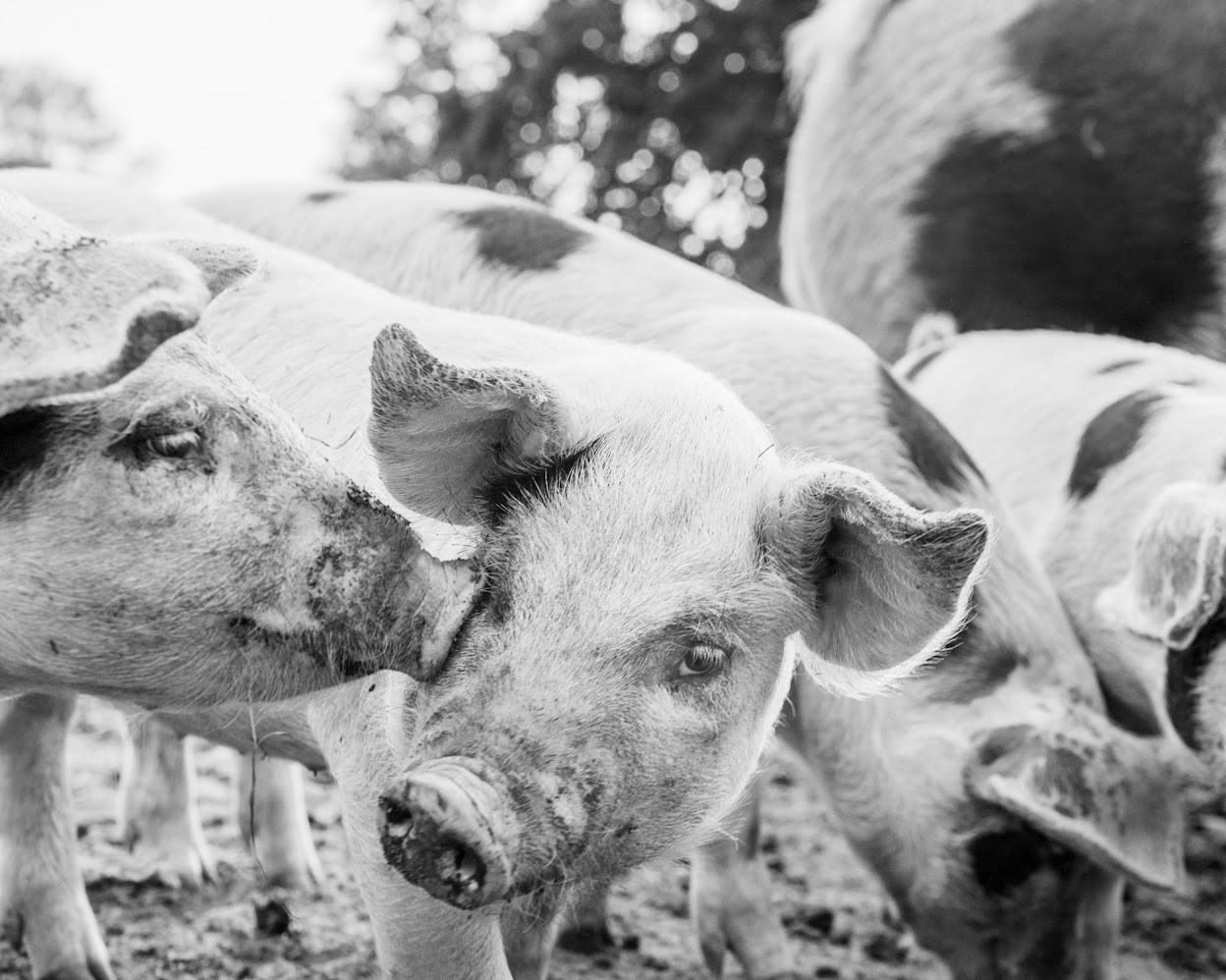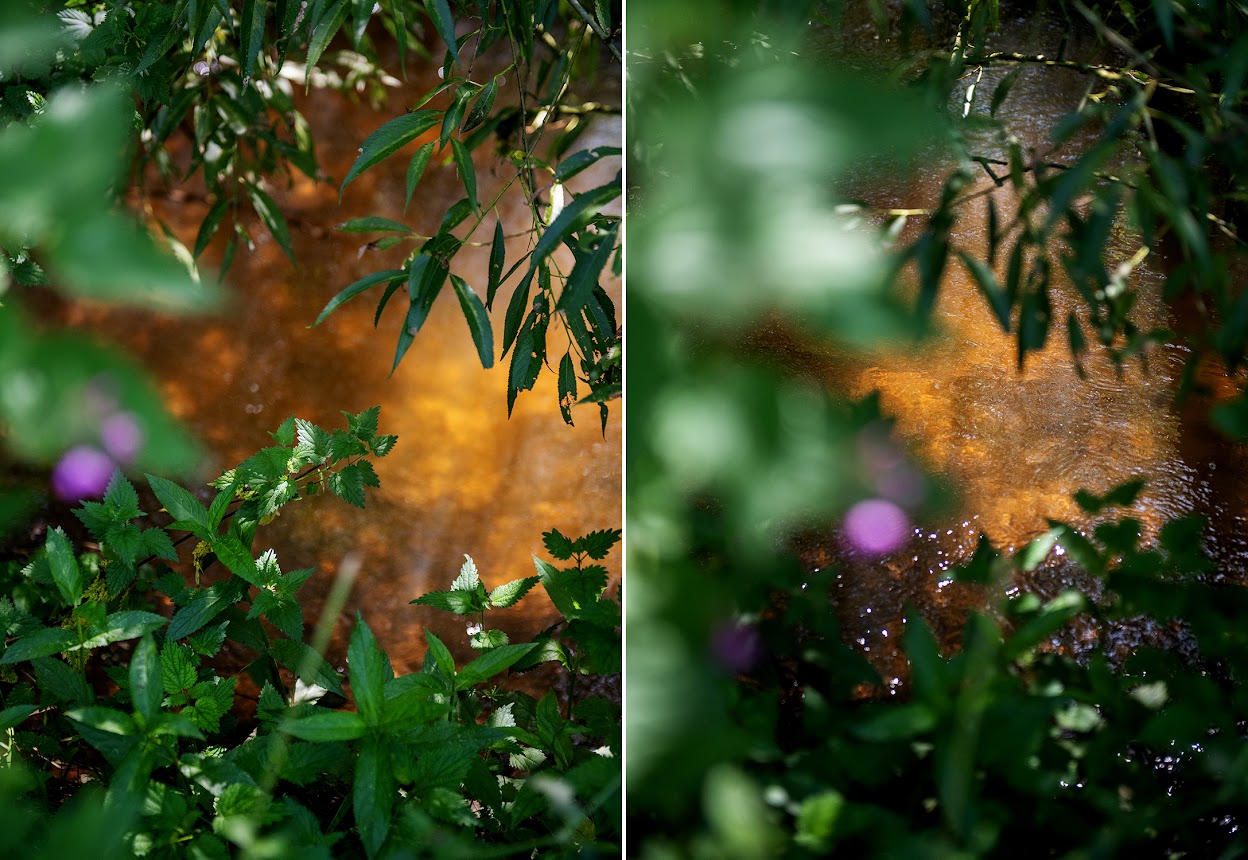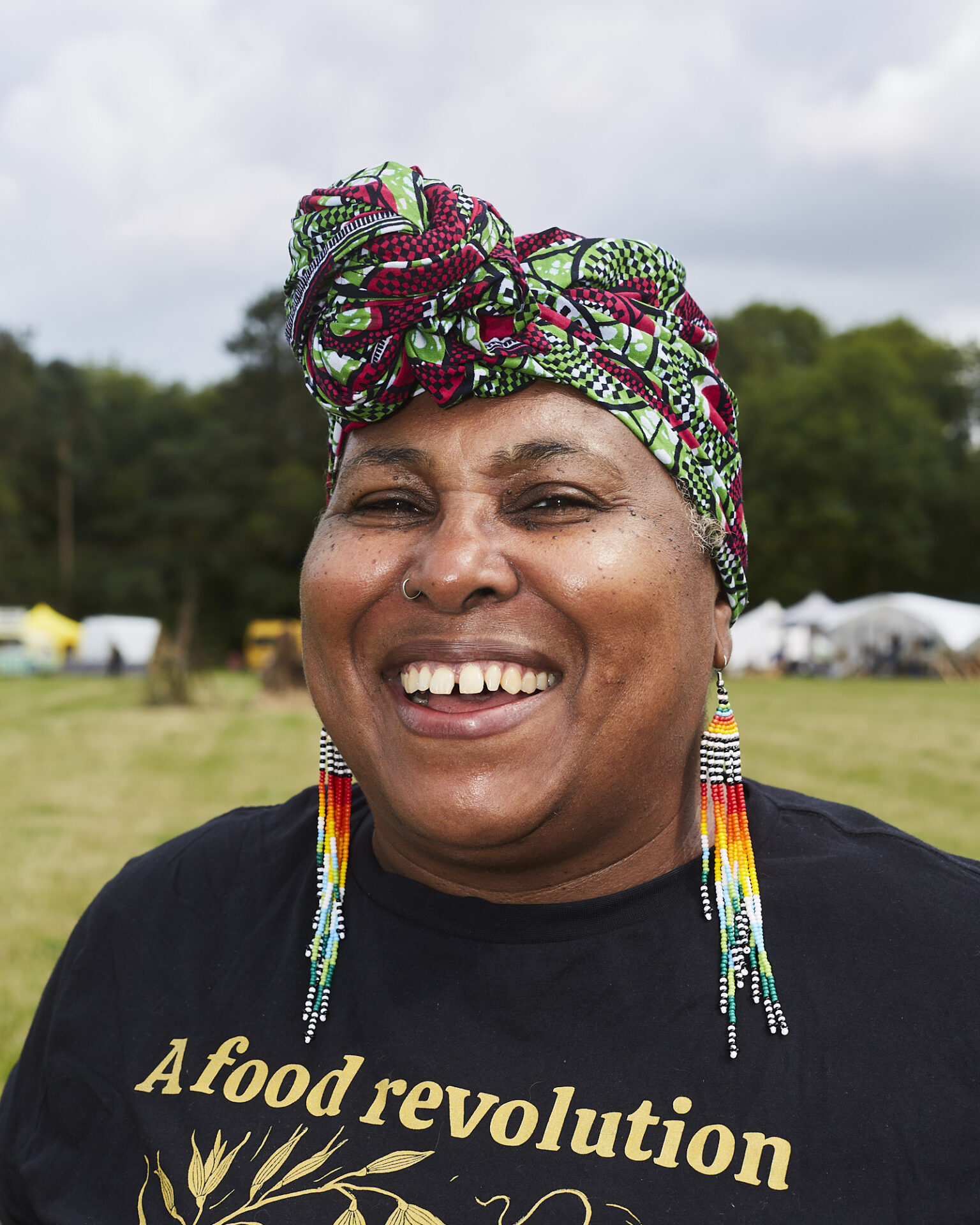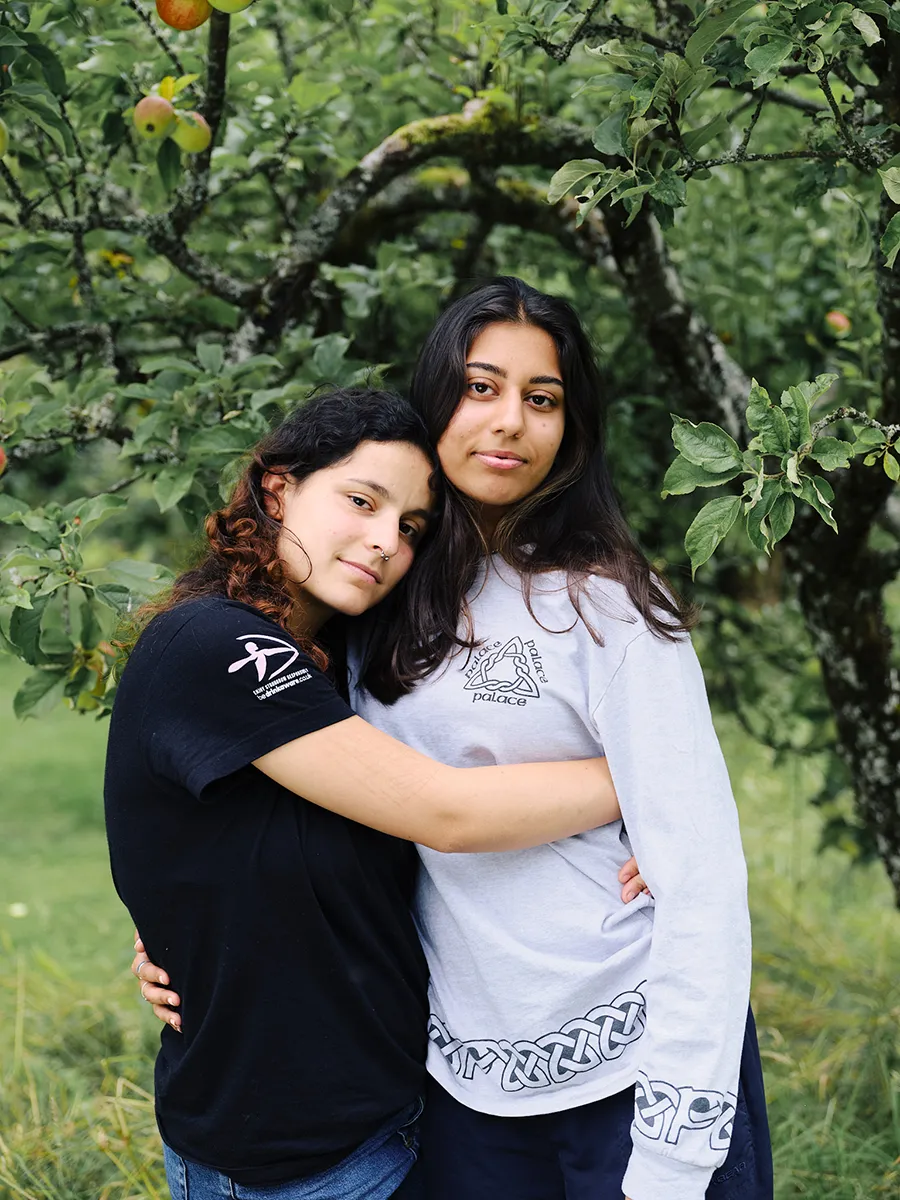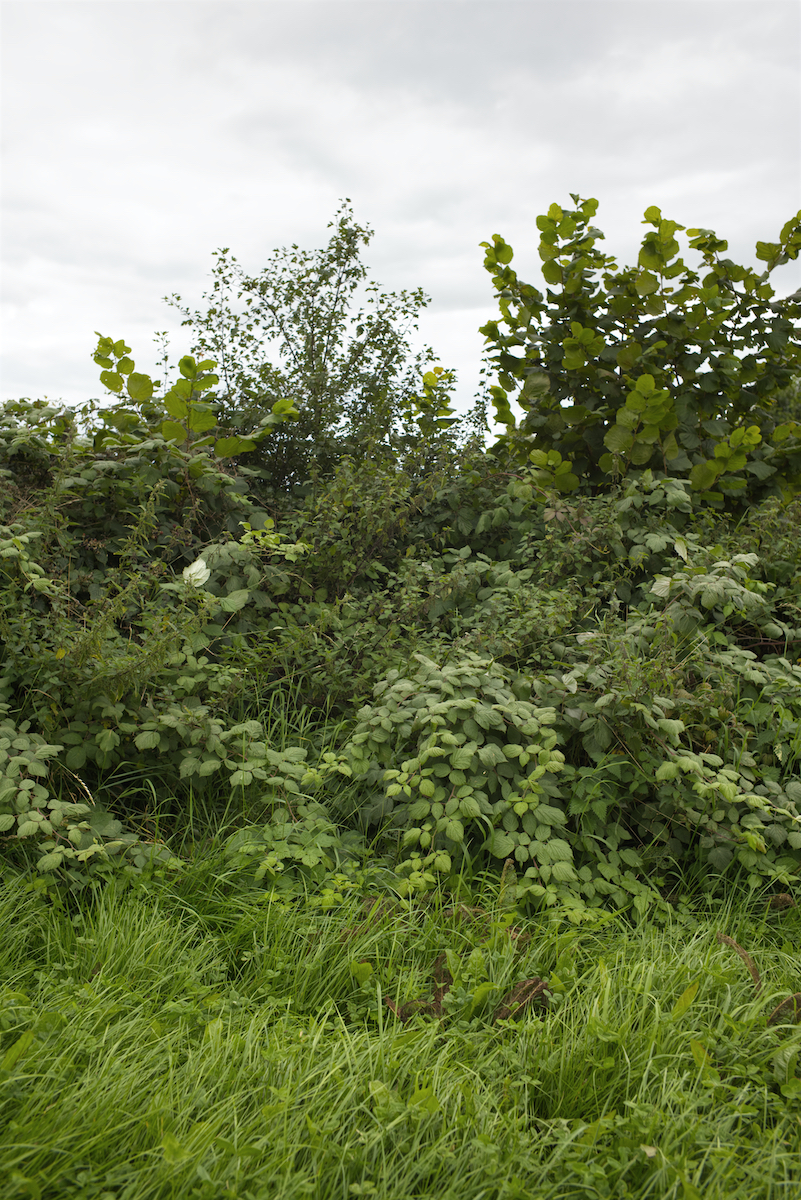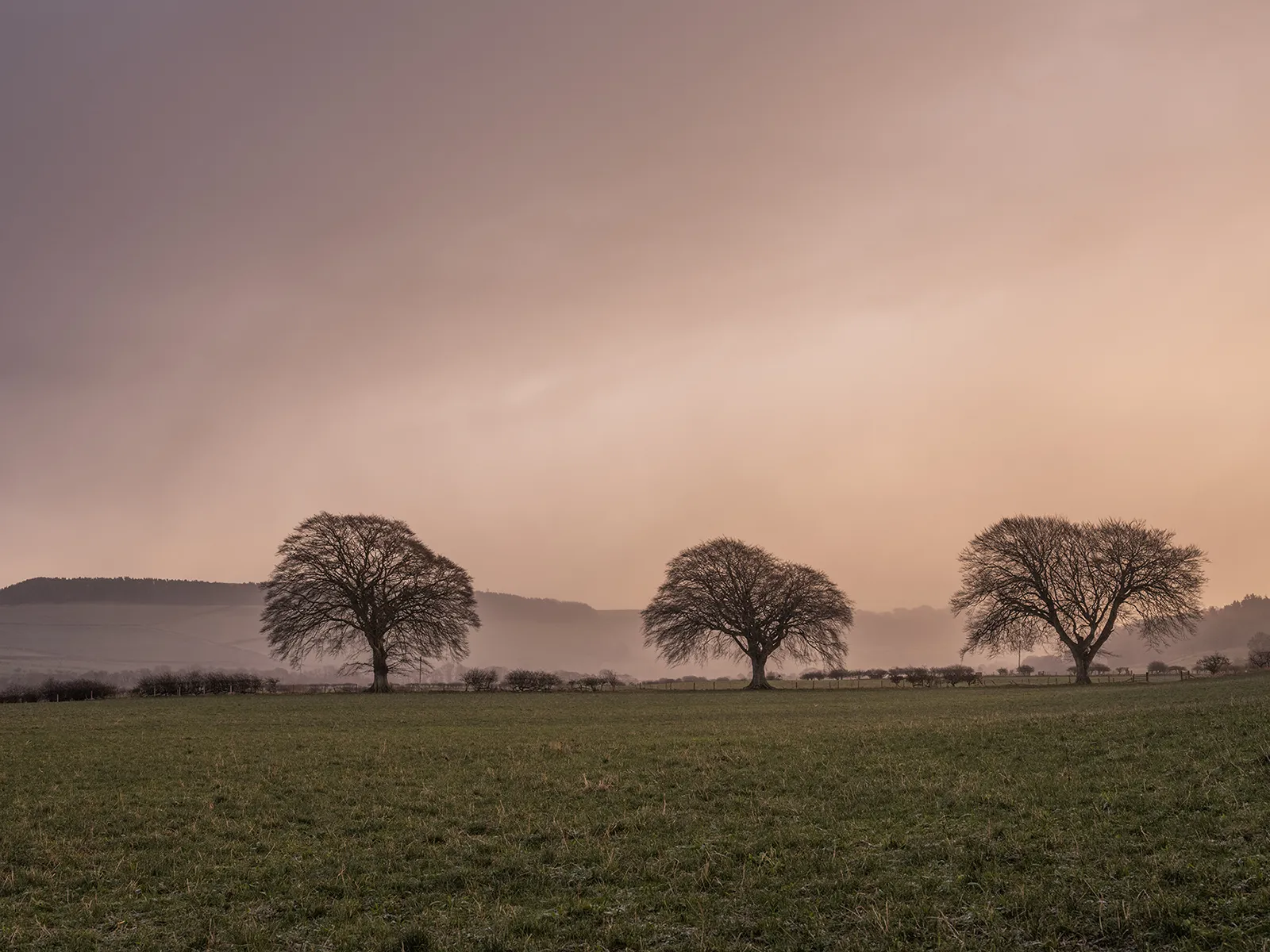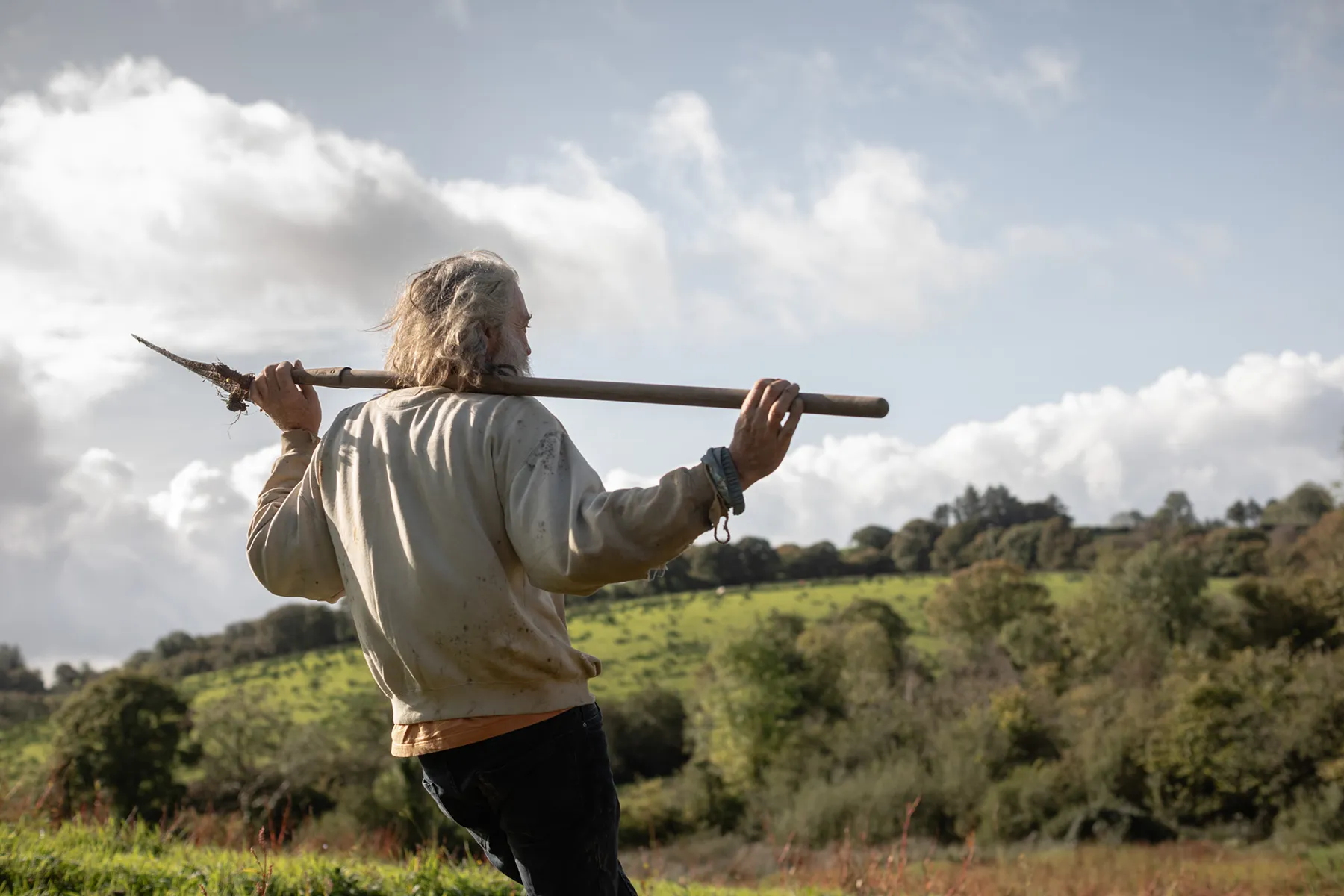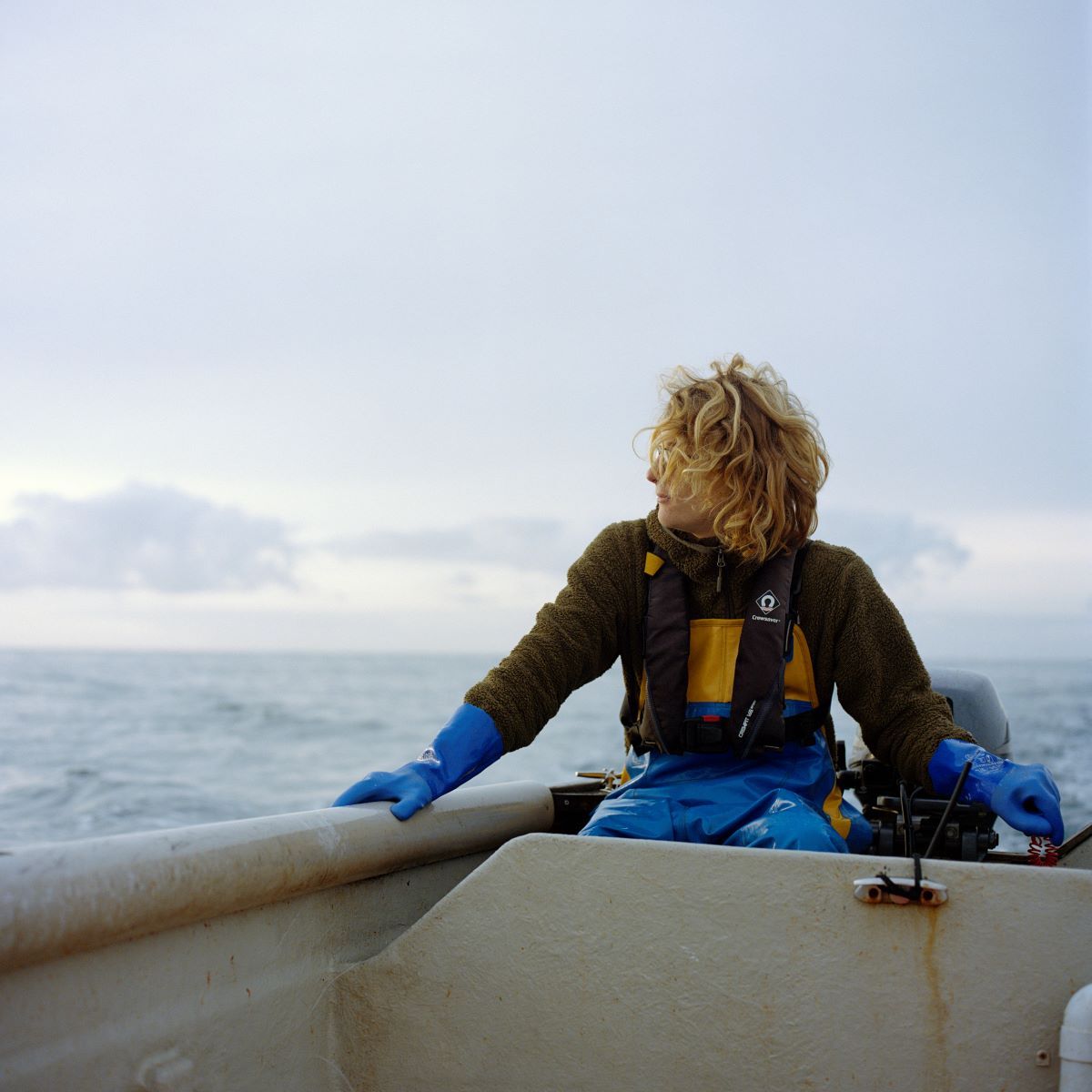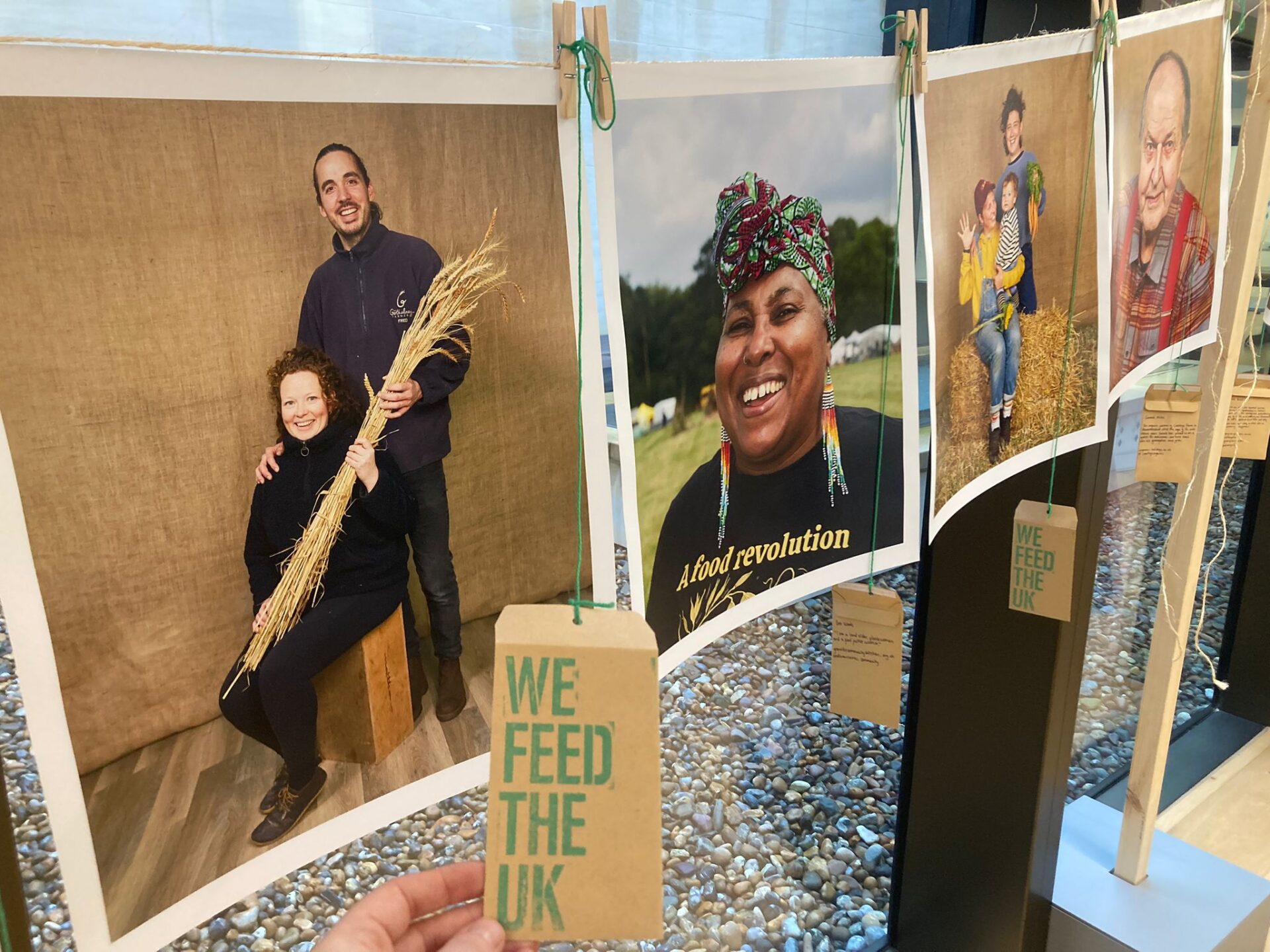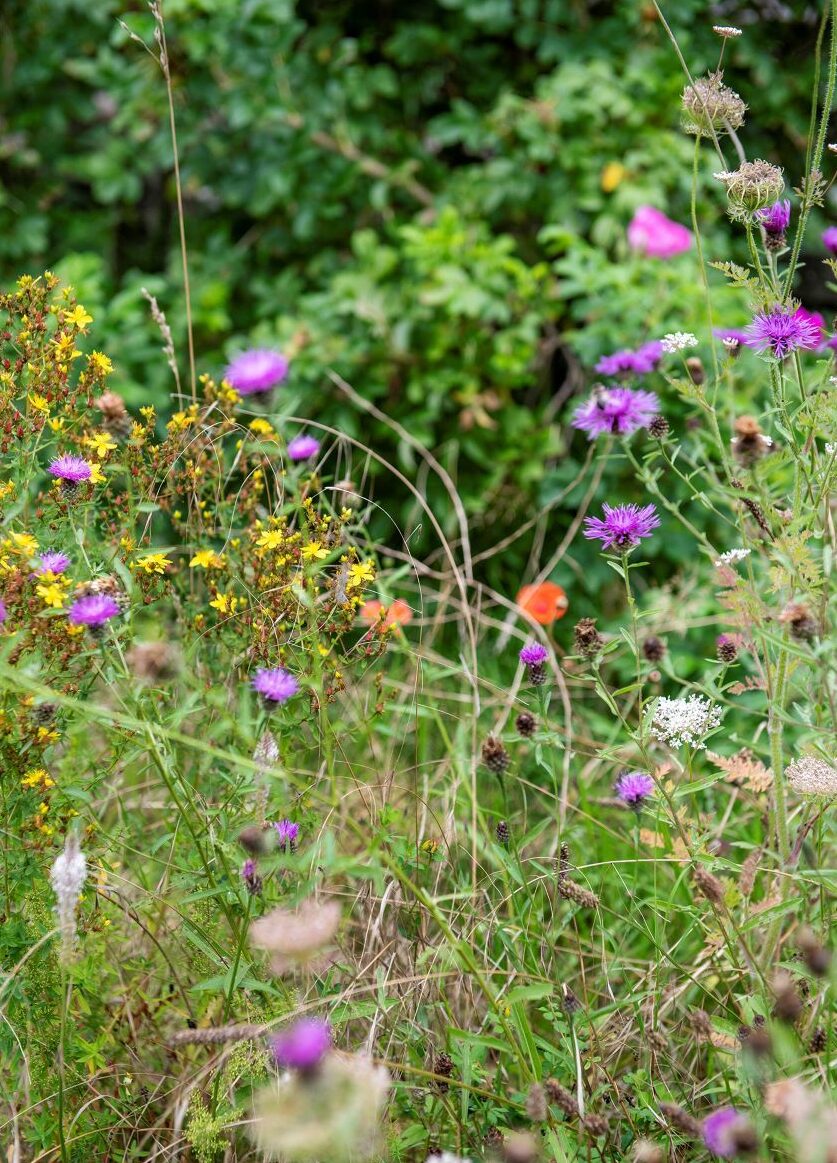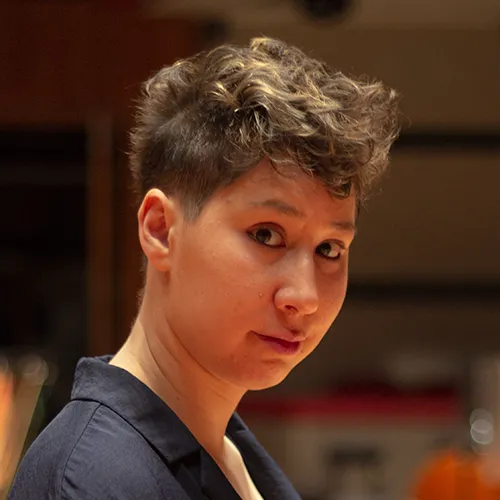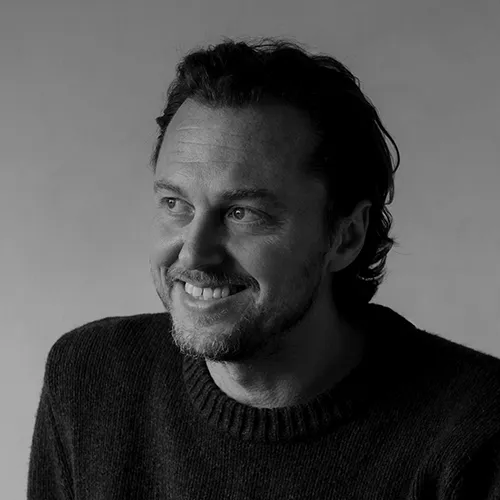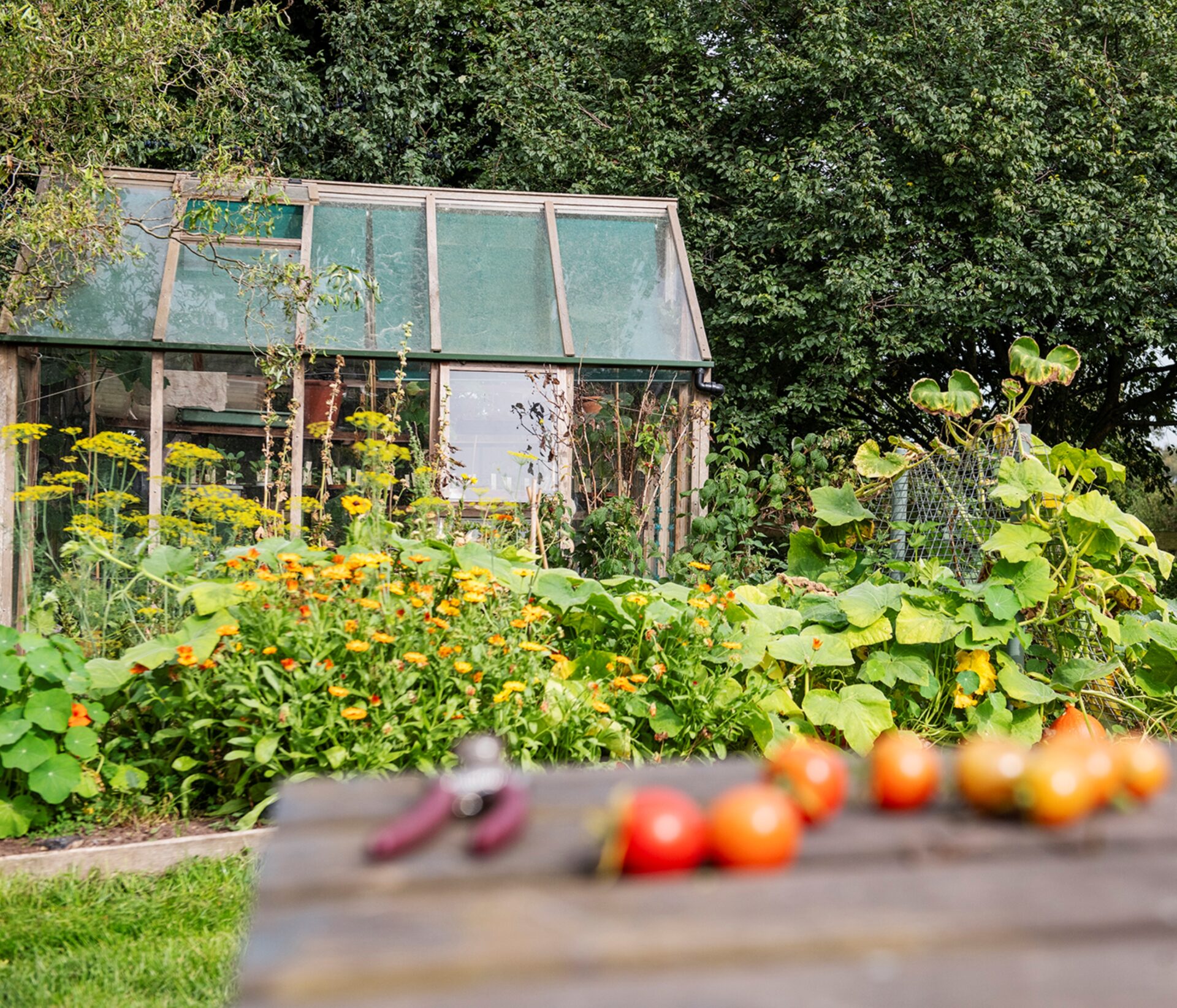
FROM CRISIS TO KINSHIP: HEALING PEOPLE AND PLACE
Inspired by Fordhall Organic Farm in Shropshire // Photography by Aaron Schuman // Poetry by Jasmine Gardosi // Published with GRAIN Projects as an immersive book
‘JUST ONE’
Words by Hot Poet Jasmine Gardosi
Inspired by the community ownership of Fordhall Organic Farm
One.
One.
Starts with
just one.
Starts with
Arthur:
solo
farmer.
Working.
Trying.
Doing.
Tiring.
Battling
private
landlord.
Silo-ed.
Just one.
Just one.
Farm is
just one.
Outlier.
Outside.
One of
its kind.
Children inherit.
Brother and sister.
Practically teenagers,
up for eviction.
Eighteen month deadline
to save it from giants.
It’s David, Goliath.
The farm and the privates.
Eight hundred thousand pounds.
They need to raise it now.
Keep it organic and
keep it a family.
Impossible.
It can’t be done.
Naive idea.
They’re way too young.
But their greenness
is momentum
and the hope grows
exponential.
So open the gate.
BBC News.
Radio 4.
Telegraph too.
Spreading the word:
fifty pound shares.
Buying the land,
keeping it fair.
One by one they come
from just down the road
and then all at once
from around the globe.
Community-owned,
no longer alone.
A hundred year lease,
the freedom to breathe.
Eight thousand landlords.
Eight thousand saviours.
Average Joes.
Eight thousand Davids.
All kinds of people with
all kinds of reasons,
diverse as the grass
of the farm and its species.
Pooling together and
growing together and
working together and
voting together and
seeking the measures
to free it from tethers
of greedy developers
keep it forever.
The key is collective
to keep it effective:
diversity strengthens
when we are connected.
We all give grounds for community
so the youth work can nourish the teens
and the teens can breathe the country air
and in turn they plant the greens
and the leaves can feed the worms who work to turn the dirt to soil
and the soil supports the fields which in turn will feed the sheep –
a symbiotic give and take that feeds the land and we.
The livestock can self-medicate on the variance of plants
and the humans can self-medicate on the goodness of the land.
The cattle graze with foggage farming which means that they run free
all year round, health straight from the ground, fertiliser-free.
A diversity of herbs is exactly what that needs
and diversity of persons is how that comes to be.
The volunteers and the care farm
and the free trails and the cattle
and the hazel and the clover
and the deep roots and the shallow.
Wealth in its mixture.
Health in its richness.
Question the structures.
Lean into difference.
Dig in your heels.
Trust in your roots.
Join in the movement.
Pull on your boots.
Less landlords,
more land loyal.
Be lifelong
land leaders,
land lenders,
land hearers,
land learners,
land easers.
They’ll call us
naive still
but one small
idea will
breed and increase
and can
pick up its steam
from
just one.
One.
It starts with
just one.
‘HEFT’
Photography by Aaron Schuman
Published with GRAIN Projects as an immersive book
Inspired by Fordhall’s ‘Care Farm’ project
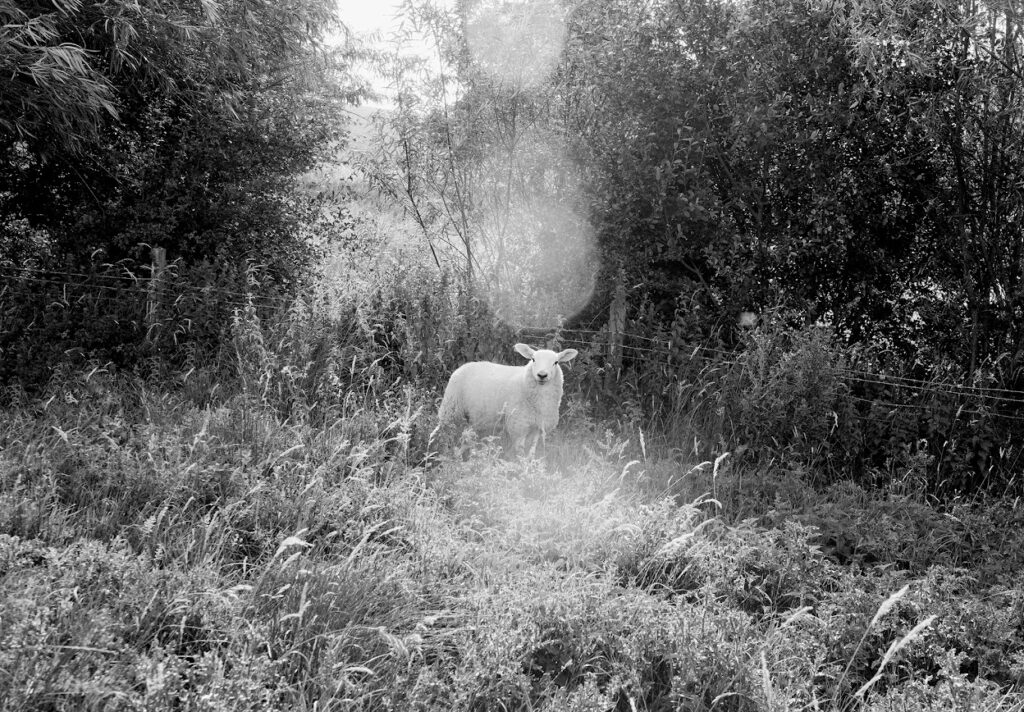
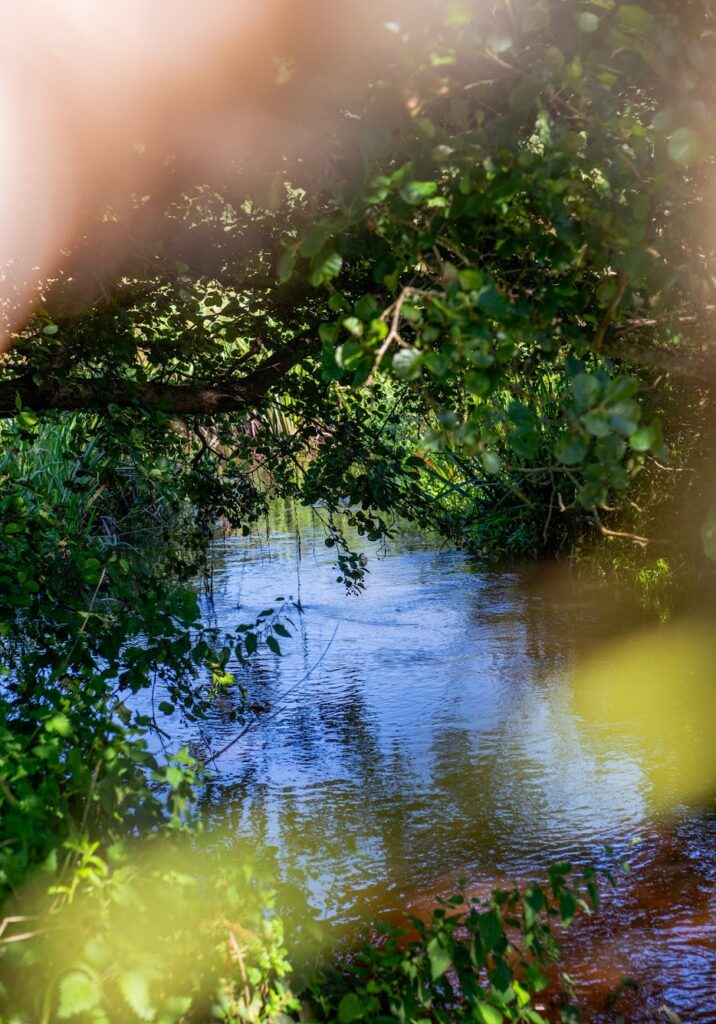
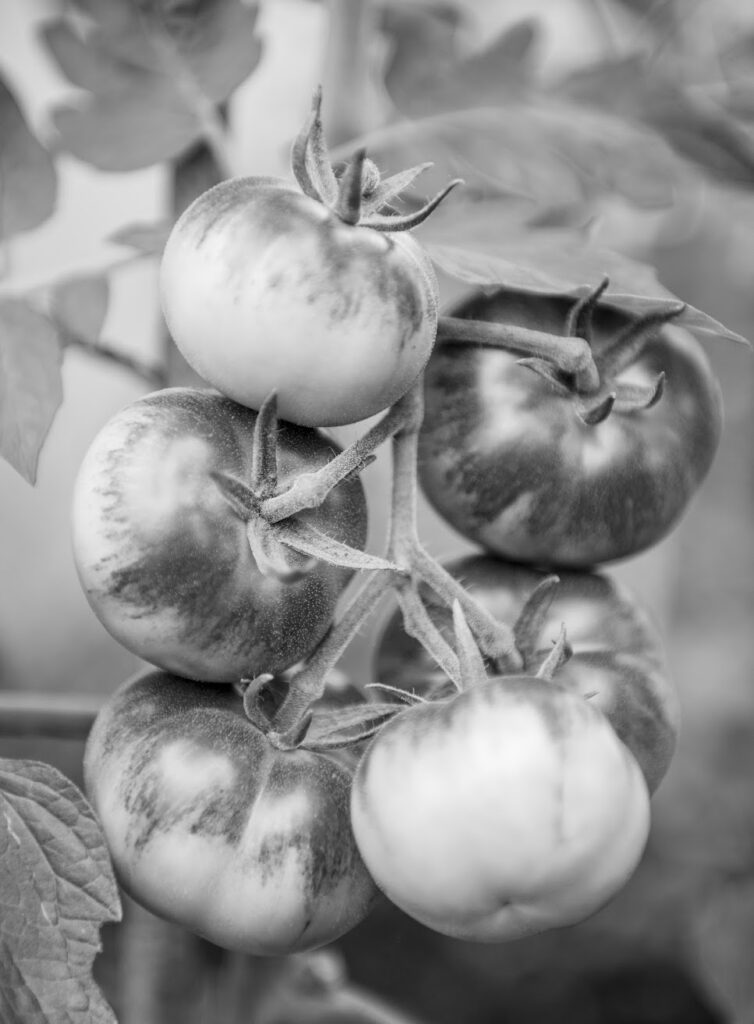

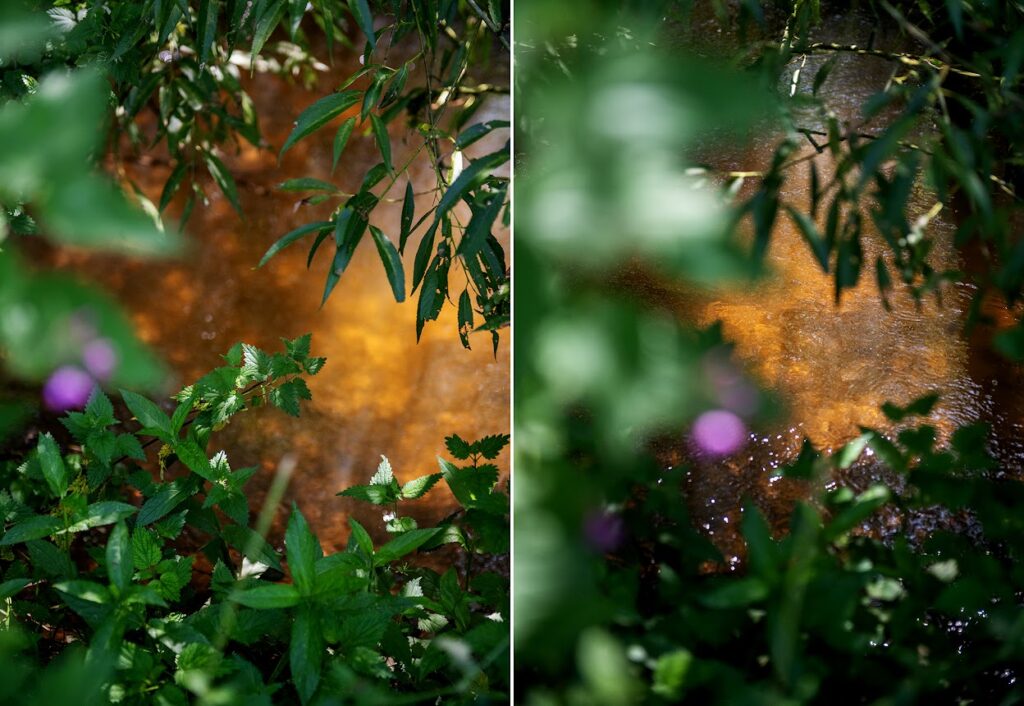
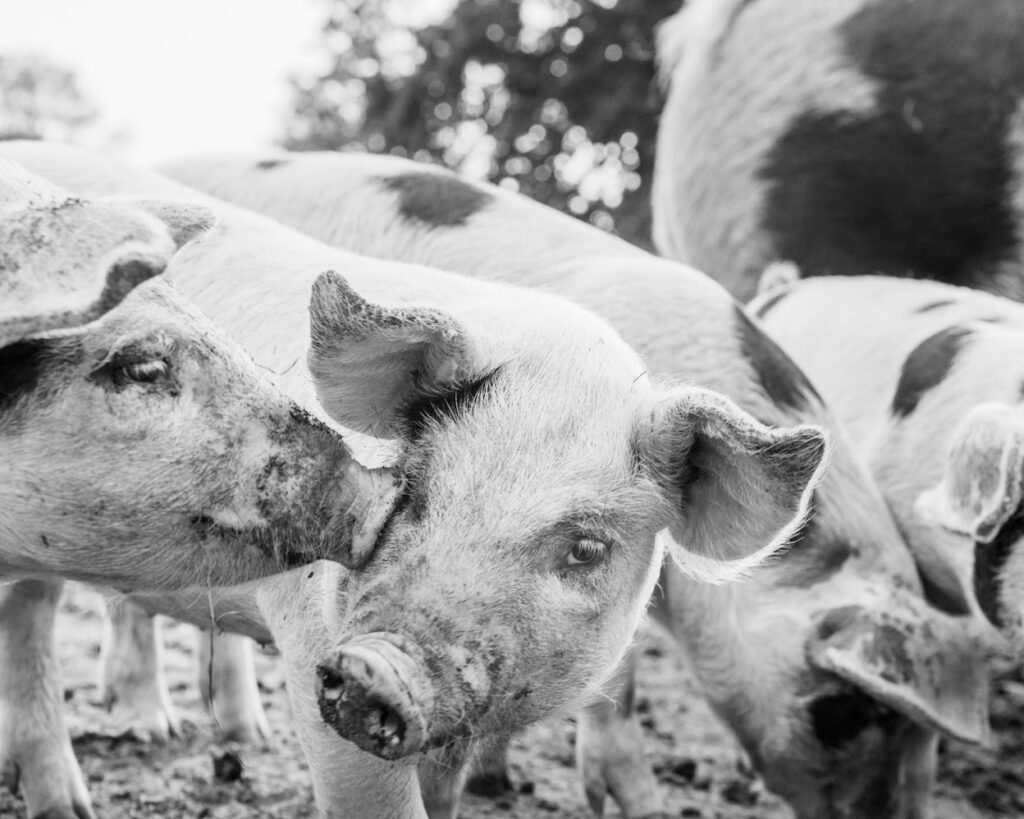
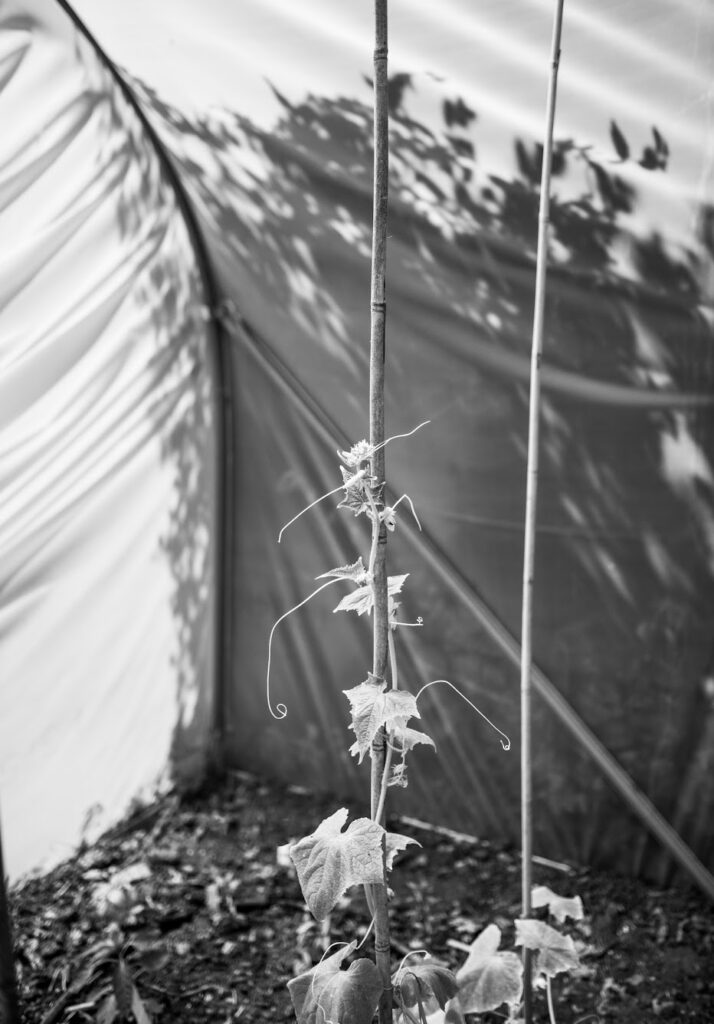
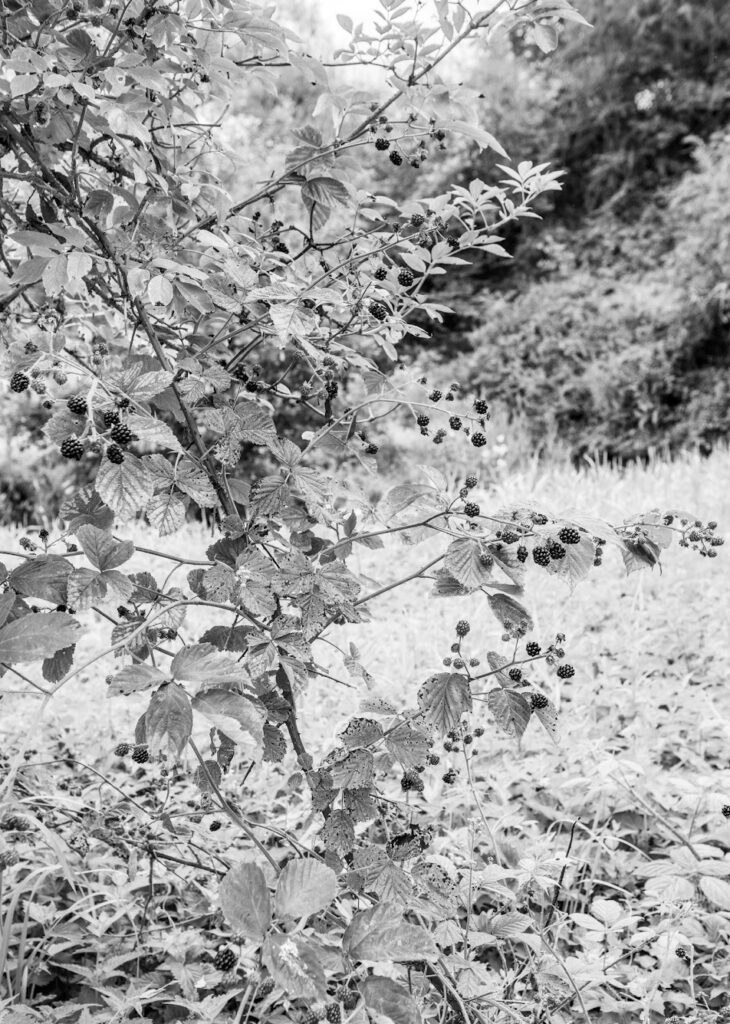

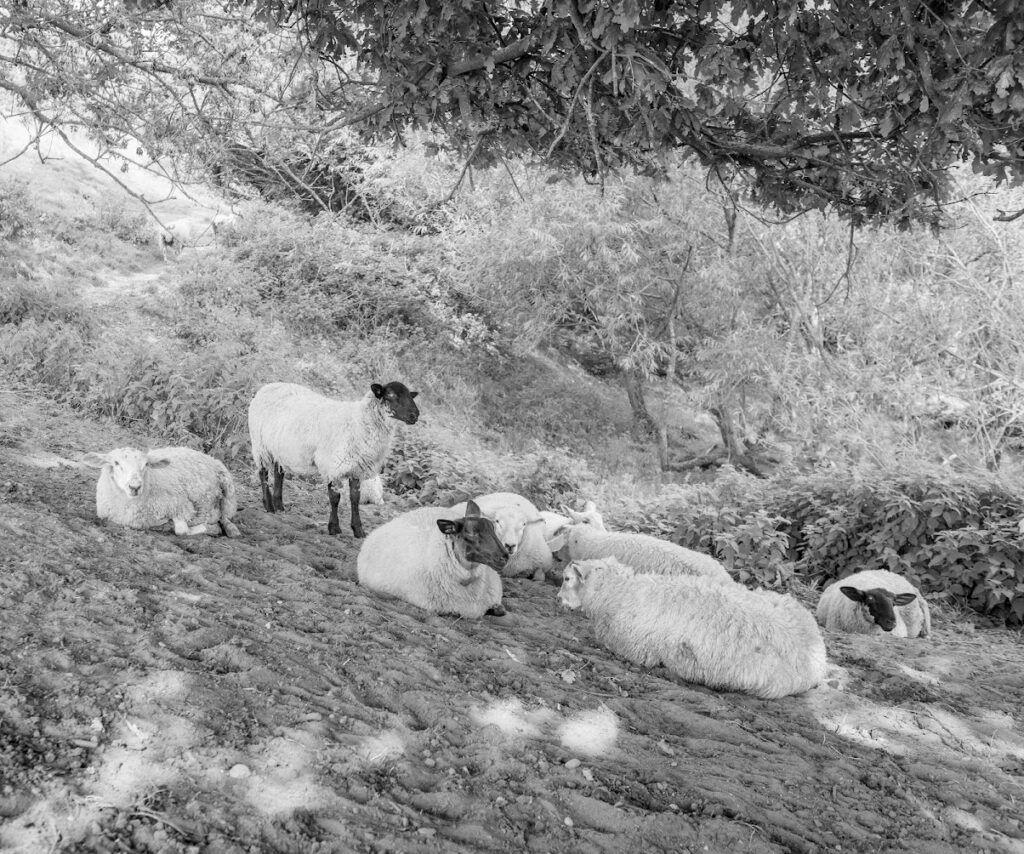
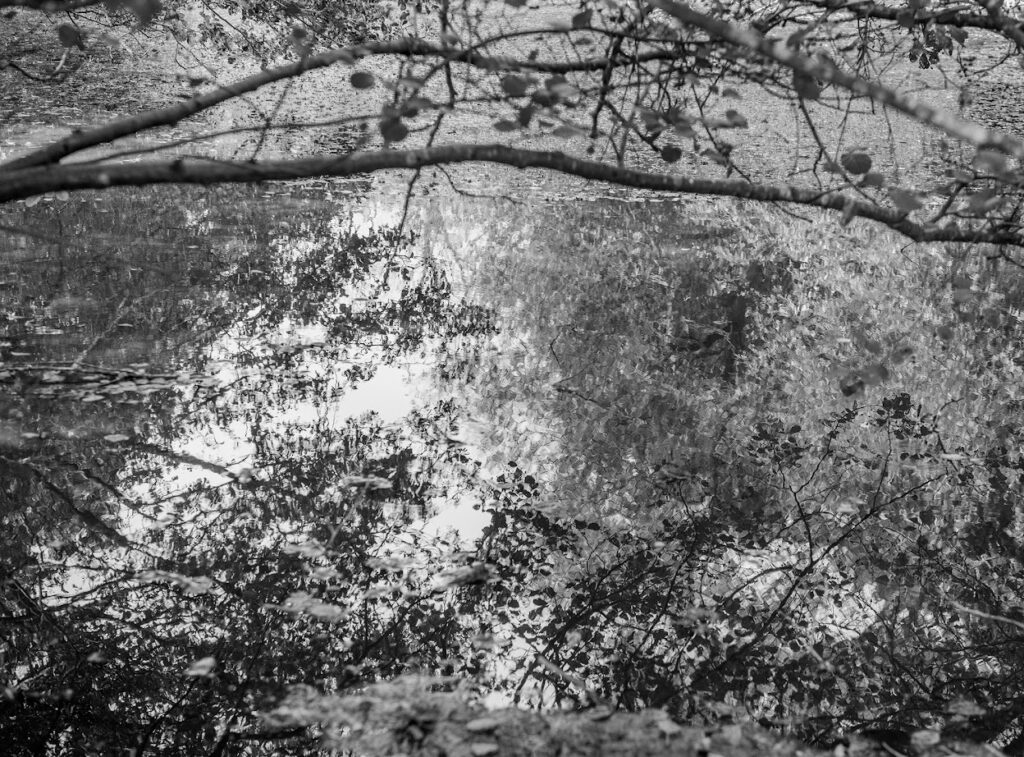
ABOUT FORDHALL COMMUNITY FARM
Fordhall Organic Farm is the first community-owned farm in England. Ben and Charlotte Hollins inherited the tenancy from their father: organic pioneer, Arthur Hollins. In 2006, aged just 19 and 21, they led a campaign that inspired citizens the world over to save it from development. The 140-acre Shropshire site is now one of Britain’s longest-standing chemical-free farms, with over 8000 landlords and still growing in number.
This act of encouraging the collective can be contrasted with industrial agriculture’s approach to producing food, which supresses other members of an ecosystem. Ben and Charlotte’s reimagining of ownership is a radical reflection of regenerative agriculture itself, empowering complex communities to self-organise towards greater interdependence, diversity and resilience.
“
Our symbiotic relationship with the land and community produces an ever evolving, truly collaborative way of working“
Fordhall Organic Farm


“
This work shows the importance of immersing oneself in, and cultivating an intimate connection to, the natural world, by being open and present within it.“
Aaron Schuman, photographer
As well as being a working livestock farm, Fordhall also has a
trailblazing ‘care farm’ project as one of its many community-engaging activities. Vulnerable young people, those with learning disabilities, and others seeking to reconnect with nature: Fordhall’s volunteers bring a plurality of perspectives to the work of planting trees, growing vegetables and seeding wildflowers.
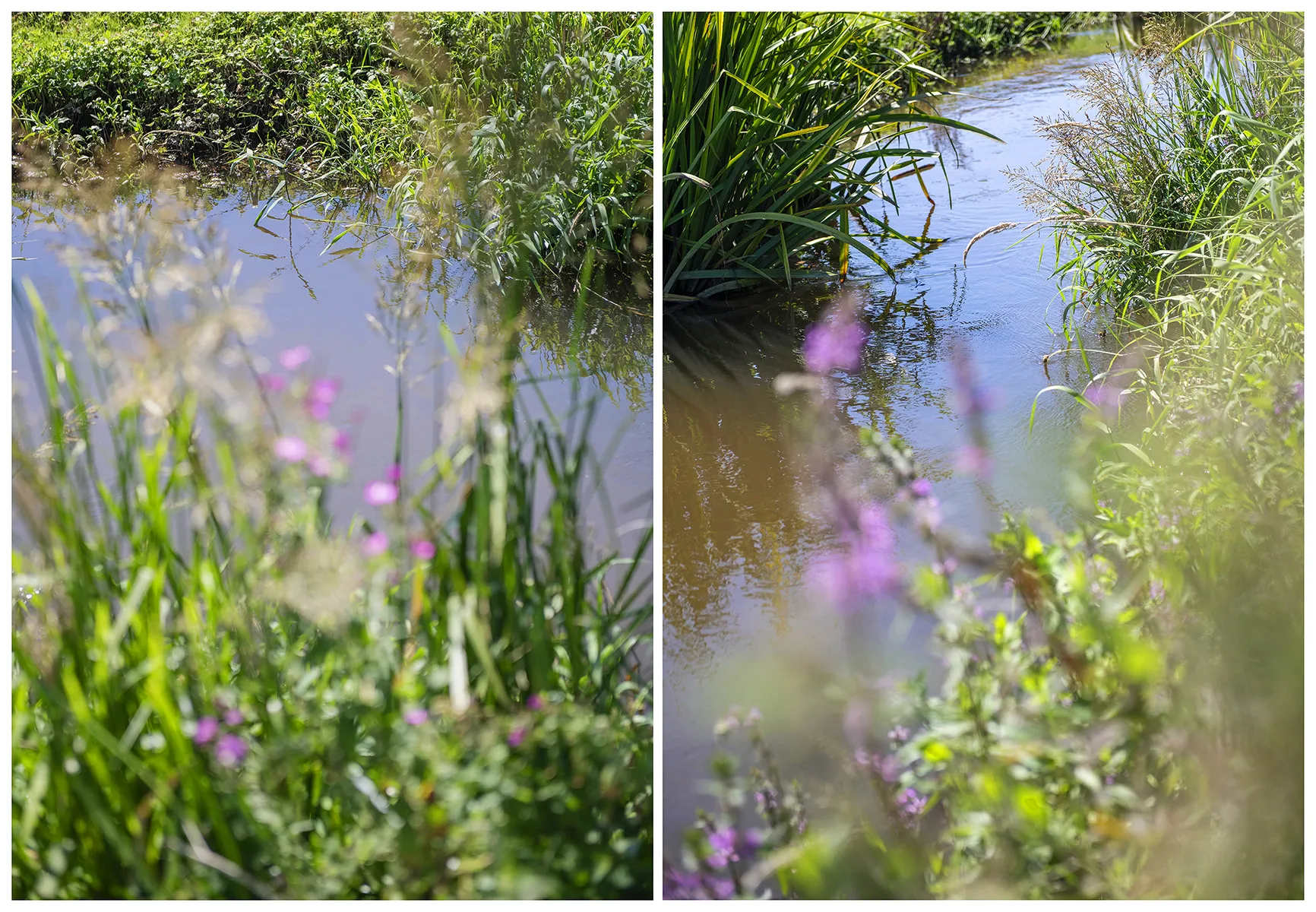
Each person develops a relationship with place that is reciprocal; research has found that regenerative farmers undergo a transformative change in mindset, through an openness to learning from the land. The continual curiosity and adaption that’s required can free us from dominant norms, which so often marginalise diverse ways of seeing and being in the world. People and place become. Together.
YOUR PIECE OF FORDHALL COMMUNITY FARM
heft
(n.)
- a settled or accustomed pasture-ground
- a fixed or established place of abode
- a number of sheets of paper fastened together to form a book
(v.)
- to establish in a situation or place of residence
- to accustom (sheep, cattle) to a pasturage
- to lift, raise, bear up
- to hold in one’s hand
In his loose-leaf photographic book, Heft, Aaron Schuman captures the essence of Fordhall Organic Farm in both his vibrant images and in the overall form of the publication. Each reader is encouraged to dismantle, rearrange, and put back the pages in a unique way, to find their own innate sense of belonging and ‘heft’ within it.
The book was published in collaboration with GRAIN Projects, allowing readers to immerse themselves in the beauty of Fordhall Farm from afar.
Watch Aaron leaf through Heft, reordering the pages to change its story and read some words he shared about the book’s origins for its introduction.
“On my first day visiting Fordhall Organic Farm, while walking amongst the sheep grazing in its sun-drenched pastures, I encountered Julie Cooper, a former teacher and educator, and one of the farm’s many valued volunteers.
During the course of our conversation, she asked me if I was familiar with the ancient shepherding practice of hefting. She explained that ‘hefted’ sheep are free to roam over large areas of land, yet they develop an innate sense of belonging to a specific place or pasture, where they prefer to go to live and graze – a very distinct area where they feel calm, comfortable, comforted and safe, and return to again and again. Furthermore, she continued, this homing instinct and strong sense of belonging is often passed down from ewes to lambs without the shepherd’s intervention, with extended families of sheep returning to the same place over many generations. Before going our separate ways, I asked Julie if she herself felt ‘hefted’ to this particular place. After thinking for a moment she replied, ‘Yes, like many of the people who come here regularly, I suppose I do!’
Alongside being a working livestock farm, Fordhall has since grown into a nurturing farm for the surrounding community, where individuals, friends and families, local residents, groups of vulnerable teenagers, people with learning disabilities and health-related challenges, and the general public at large are invited to visit, volunteer and actively engage with the land and farm to heal, be nurtured, and commune with nature on their own terms, for their own reasons, and in their own way. Each person is encouraged to develop a relationship with place that is intimate, immersive and ‘hefted’ to the land itself.”
Aaron Schuman


